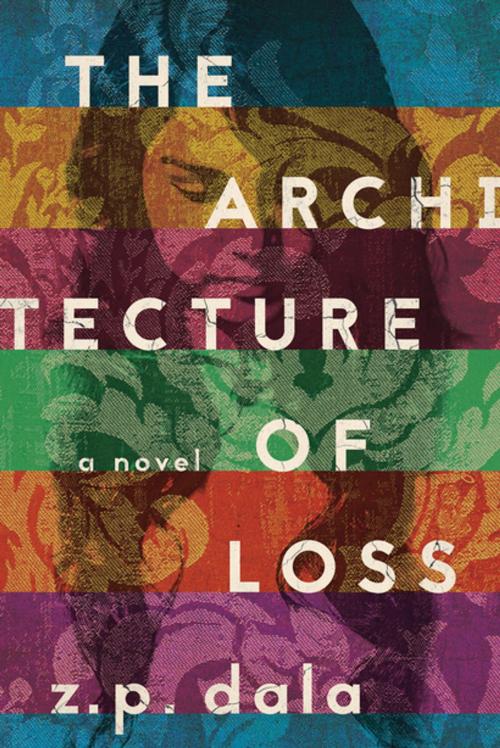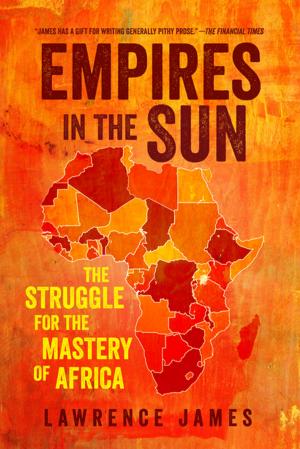| Author: | Z. P. Dala | ISBN: | 9781681774923 |
| Publisher: | Pegasus Books | Publication: | July 4, 2017 |
| Imprint: | Pegasus Books | Language: | English |
| Author: | Z. P. Dala |
| ISBN: | 9781681774923 |
| Publisher: | Pegasus Books |
| Publication: | July 4, 2017 |
| Imprint: | Pegasus Books |
| Language: | English |
A novel of forgiveness and reconciliation that shines light on the dark underbelly of South Africa’s fight for freedom and democracy.
Estranged at the age of six from her mother, who sent her away from her hometown of Brighton in rural Zululand, brilliant architect Afroze Bhana has carved out an impressive life for herself in Cape Town. But when she receives word that her aging mother is desperately ill, she finds herself compelled to return to her place of birth to find answers about her painful childhood.
Afroze arrives in Brighton to find that her mother, Sylvie—who was a doctor and a fierce activist during the dark days of the anti-apartheid struggle—is a shadow of her formidable self, but Sylvie has still retained her sarcasm and anger toward the daughter that she sent away. Somehow, Sylvie cannot draw her daughter close, even facing the looming threat of her own mortality. She remains in the cottage of Afroze’s childhood, frozen in a world where she surrounds herself with luxury and garish indulgences, cared for by the fiercely protective Halaima, a Malawian refugee. Especially painful for Afroze is the love and affection that Sylvie showers on Bibi, Halaima’s pampered and precocious daughter—love which she could never give her own daughter.
A moving novel about the complexities of family ties, The Architecture of Loss beautifully explores the ways in which the anti-apartheid struggle—a struggle in which the roles of women have been largely overlooked—irrevocably damaged many of its unsung heroes.
A novel of forgiveness and reconciliation that shines light on the dark underbelly of South Africa’s fight for freedom and democracy.
Estranged at the age of six from her mother, who sent her away from her hometown of Brighton in rural Zululand, brilliant architect Afroze Bhana has carved out an impressive life for herself in Cape Town. But when she receives word that her aging mother is desperately ill, she finds herself compelled to return to her place of birth to find answers about her painful childhood.
Afroze arrives in Brighton to find that her mother, Sylvie—who was a doctor and a fierce activist during the dark days of the anti-apartheid struggle—is a shadow of her formidable self, but Sylvie has still retained her sarcasm and anger toward the daughter that she sent away. Somehow, Sylvie cannot draw her daughter close, even facing the looming threat of her own mortality. She remains in the cottage of Afroze’s childhood, frozen in a world where she surrounds herself with luxury and garish indulgences, cared for by the fiercely protective Halaima, a Malawian refugee. Especially painful for Afroze is the love and affection that Sylvie showers on Bibi, Halaima’s pampered and precocious daughter—love which she could never give her own daughter.
A moving novel about the complexities of family ties, The Architecture of Loss beautifully explores the ways in which the anti-apartheid struggle—a struggle in which the roles of women have been largely overlooked—irrevocably damaged many of its unsung heroes.















